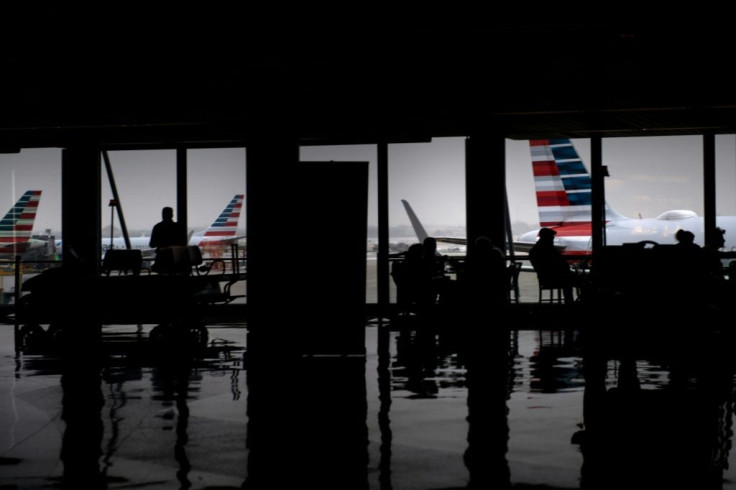Virus Shutdowns Erode US Inflation In March
Falling gasoline, hotel and airfare prices pushed US inflation down in March, according to government data released Friday, as the coronavirus outbreak kept people at home.
The Labor Department data is yet another sign of how lockdown measures to stop the spread of COVID-19 upended the economy, leading some 17 million people to lose their jobs in just three weeks as businesses were shuttered nationwide.
The US Congress responded by passing a massive $2.2 trillion aid package that gives cash directly to Americans, while the Federal Reserve has announced trillions of dollars in new lending programs to boost liquidity.
The consumer price index dropped 0.4 percent in March, seasonally adjusted, slightly more than expected and a reversal from February, when it edged up 0.1 percent.
Declines in sectors predictably affected by government orders to stay home to stop the coronavirus's spread fueled the drop in CPI.
Airline fares plunged 12.6 percent, lodging dropped 6.8 percent and gasoline tumbled 10.5 percent, as slowing economic activity and a price war between Moscow and Saudi Arabia depressed prices at the pump.

The "core" price index for all items except food and energy fell 0.1 percent.
The food index grew a modest 0.3 percent, with the most growth reported in food at home, with 0.5 percent.
Year-on-year, the price index was up 1.5 percent in March, but that was smaller than February's growth of 2.3 percent.
"The disinflationary impulse, along with the great disruption in economic and financial market activity, is a key reason why the Fed is unleashing vast new monetary policy stimulus," Oxford Economics wrote in an analysis.
The virus affected the survey's data collection itself, with the Labor Department saying business shutdowns and difficulties contacting parties normally surveyed in-person meant "many indexes are based on smaller amounts of collected prices than usual."
© Copyright AFP 2024. All rights reserved.











